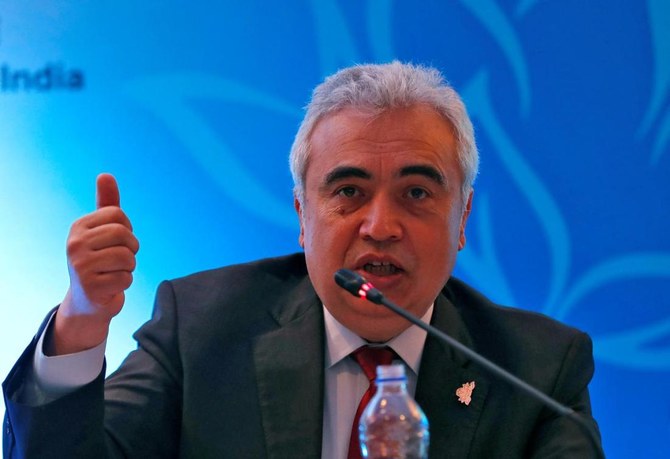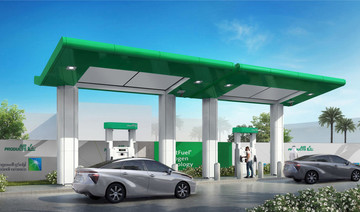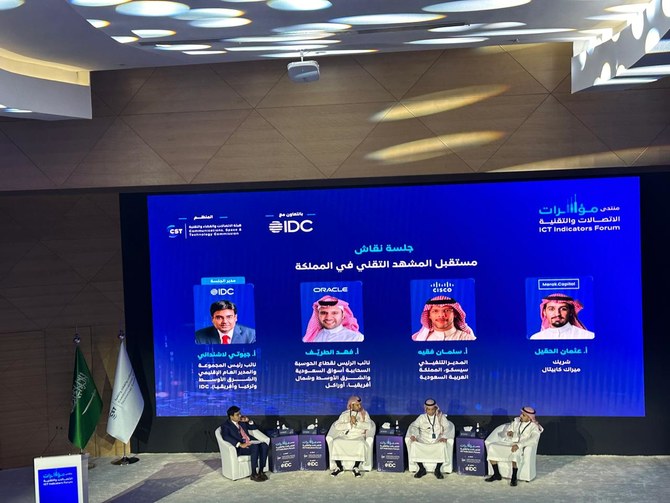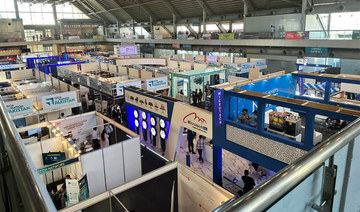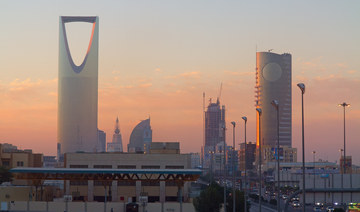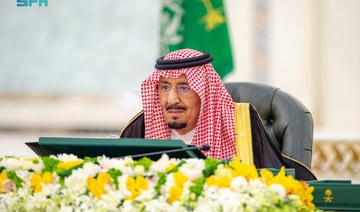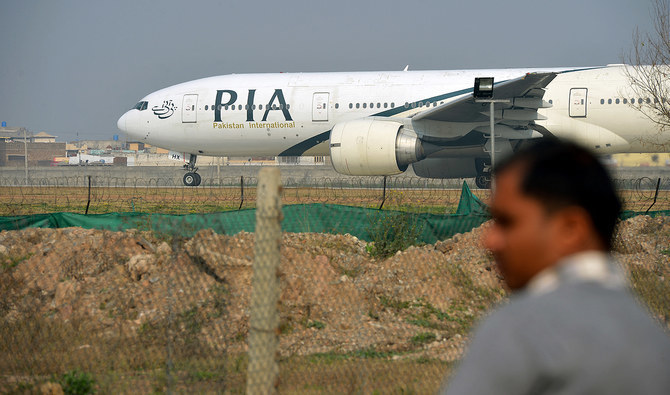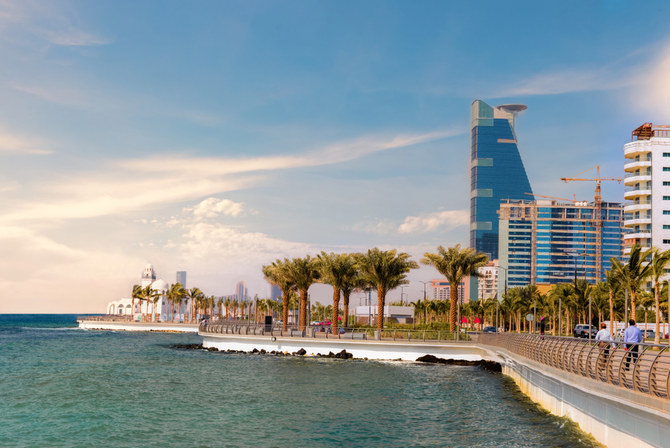DUBAI: Fatih Birol, executive director of the International Energy Agency, cracked a joke in the Financial Times a couple of weeks ago.
“Hydrogen is the fuel of the future, and it always will be,” he wrote about the fuel that many experts agree could hold the key to the world’s energy problems.
It was a deliberate poke at those experts who think that the sheer logistics of hydrogen — generation, storage, and transportation — make it always an unlikely solution to global energy challenges.
Birol’s article was followed by a report from the IEA that put some meat on the bones of the argument that hydrogen is key to solving such problems as global warming and environmental degradation.
“The world has an important opportunity to tap into hydrogen’s vast potential to become a critical part of a more sustainable and secure energy future … The world should not miss this unique chance to make hydrogen an important part of our clean and secure energy future,” the report said.
That argument will get a critical boost today, when Saudi Aramco, the biggest oil company in the world, opens its first hydrogen fueling station in Dhahran Techno Valley, in the heart of the Kingdom’s oil producing region.
Aramco has partnered with Air Products, a US company that has been a pioneer in the use of industrial gases, to produce a filling station for hydrogen-fueled vehicles.
It is very much a test. “The collected data during this pilot phase of the project will provide valuable information for the assessment of future applications of this emerging transport technology in the local environment,” Aramco said when the project was first announced.
But it is something Aramco has been investigating for a long time. Ahmed Al-Khowaiter, Aramco’s chef technology officer, said: “The use of hydrogen derived from oil or gas to power fuel cell electric vehicles represents an exciting opportunity to expand the use of oil in clean transport.”
Hydrogen — essentially what is left when you take the oxygen out of water — has been recognized as a potential fuel source for many decades. Motor manufacturers developed a hydrogen motor engine 50 years ago, but the ease and accessibility of hydrocarbon fuels — oil, gas and coal — made it uneconomic to develop this technology beyond the prototype stage.
Now, as the debate over the role of hydrocarbons in the global environmental balance has become ever more intense, some experts, including Birol and other influential parts of the thought-leadership establishment, believe hydrogen is the next Big Thing in global energy trends.
The World Economic Forum (WEF) said recently that “green” hydrogen offers a solution to the world energy challenge, and that is the problem the theoreticians are struggling with: Hydrogen is released naturally in the process of burning hydrocarbons, but it is self-defeating, in an environmental sense. if you have to burn oil, gas or coal to produce it.
On the other hand, renewable sources, like sun, wind and water, do not produce enough hydrogen to be practically or commercially viable, and not at the right times, when people actually need it.
But, as the WEF noted recently “low-cost green hydrogen is coming”, as technology advances mean the cost of renewable energy falls dramatically each year. The Middle East already has a very big and very cost-efficient program for solar energy generation.
The other challenges lay in how to store and transport hydrogen. It can be loaded onto a tanker like LNG, or pushed through pipelines, but it would require a huge investment to change current logistics systems — essentially designed for oil and LNG — to handle hydrogen.
Many countries, including Saudi Arabia, already have the infrastructure associated with oil and gas refining and petrochemicals production to be able to equip “hydrogen hubs,” as long as there is government will and commercial incentive to do so.
For the Kingdom, it looks like a no-brainer for the future. As Birol said: “So, hydrogen offers tantalising promises of cleaner industry and emissions-free power. Turning it into energy produces only water, not greenhouse gases. It’s also the most abundant element in the universe. What’s not to like?”



